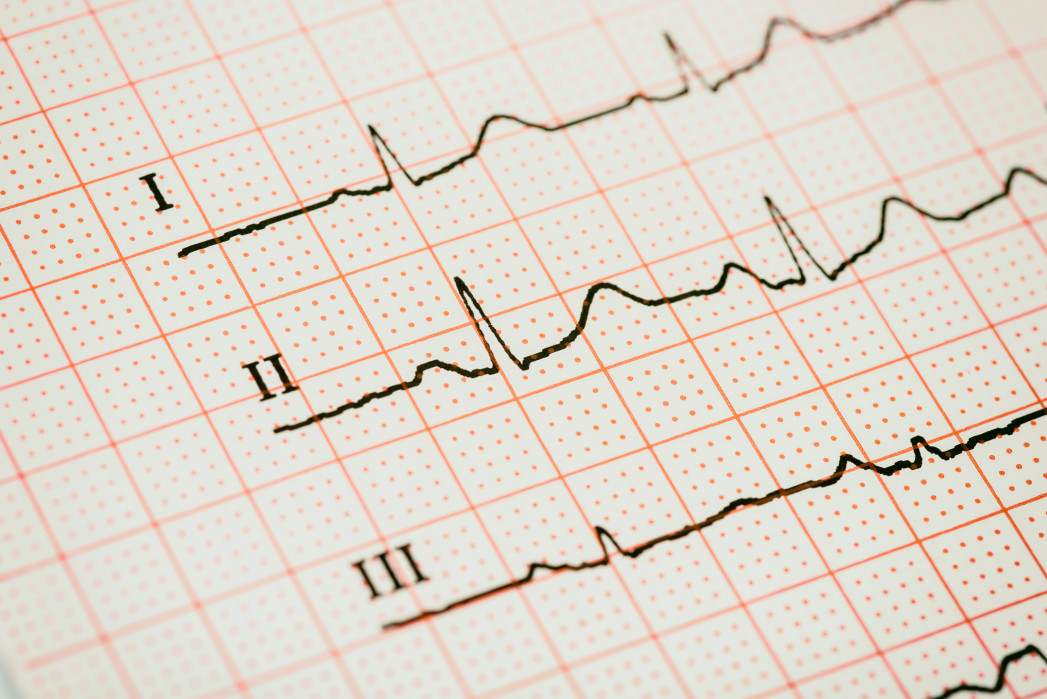What Heart Problems You Should Worry About After A Stroke
Initially, we need to know about what a stroke is. A stroke is, in simple words, a brain attack. When a person experiences a stroke, their flow of blood and oxygen to the brain is cut off. Hence, the brain’s functions start to decline because the brain cells start to die due to a lack of oxygen supply. This results in a brain stroke.
During a brain stroke, you will face certain symptoms. These consist of the inability to move the face and head, drooping on one side of the face, difficulties in talking, slurred speech, loss of vision, difficulty in maintaining balance, and dizziness. So, if you observe any of the afforementioned symptoms in yourself or someone else, it might be due to a stroke. Therefore, you need to provide urgent medical attention, or it can turn out to be extremely dangerous.
Causes of a stroke
Now, let us move towards the causes of the stroke as to why it happens. A person can suffer a stroke due to many factors. These factors could be;
- High blood pressure
High blood pressure, also sometimes referred to as hypertension, is one of the major causes of stroke. It can cause blockage in arteries due to the clotting of blood in the walls. Thus, the blood supply to the brain is affected, which in turn leads to a brain stroke.
- Diabetes
Diabetic patients have a higher chance of being overweight and having higher blood pressure than normal. Moreover, diabetes damages the blood vessels due to the increased blood sugar levels in your body. This is because of the unhealthy consumption of sugar. As a result, the chances of such patients suffering from a stroke increase highly.
- Intake of tobacco
Tobacco poses a great danger to our health. Smoking or chewing tobacco can turn out to be very harmful to you. This contains nicotine, a chemical that causes your blood pressure to rise unnecessarily. And, as we discussed above, higher blood pressure can lead to more chances of getting a stroke. In addition, the smoke that comes out of the cigarettes causes a buildup of fats in your main neck artery. It can also lead to clot formation in your blood and cause it to thicken. As a result, in both these conditions, the blood supply to the brain gets affected, and brain cells are unable to receive fresh blood and oxygen.
- Genetic reasons
Sometimes, you may be at higher risk of acquiring a stroke if any of your close family members is a patient of diabetes or high blood pressure. These conditions can be passed down to you genetically from them. Also, there are a few strokes that can be caused because you are a carrier of certain genetic disorders. In this disorder, the blood flow to your brain may be blocked, causing the cells to die.
- Heart diseases
People who have heart problems possess a greater chance of experiencing a brain stroke. Heart failure, irregular beating of the heart, blockage of valves, blood clots in the heart arteries are all factors that contribute directly to the disturbance in the blood flow pattern. Therefore, if the brain does not get proper oxygen and blood, the cells may die, and a stroke will occur.
Heart problems that may develop after a stroke
Once you go through a brain stroke, you may be at risk of suffering from certain heart conditions. These conditions can include;
- Heart attack
A heart attack, simply put, occurs when the blood flow to the heart is disturbed by a blockage in arteries. This blockage occurs because of the buildup of cholesterol, fats, or blood clots in the arterial walls. Hence, this pause in the blood flow can cause serious damage to the heart muscles. Moreover, it can even cause cell death in the heart, which can be fatal.
- Congestive heart failure
This is the last stage of the heart when it is affected by heart problems. Because the heart becomes severely weak in functioning, there will be congestion in the flow of blood in the lungs and around the body. As a result, you may experience shortness of breath and swelling in hands and legs.
- Atrial fibrillation
In simple words, this condition is the abnormal beating of the heart. A person suffering from this will feel the irregular beating of the heart, which is caused by extremely rapid and chaotic electrical impulses. These impulses are originated in the atria, which are the upper two chambers of the heart. In atrial fibrillation, the parts of the heart stop coordinating with each other, hence making the heart less efficient in working. Besides, blood clots may begin to form that can travel throughout the body.
- Cardiac arrest
Cardiac arrest is actually the sudden loss of the blood from the heart, usually because of disturbances in the electrical impulses. This makes the heart unable to pump efficiently, which leads to blood shortage around the cells in the body. It can end up being highly fatal if not treated urgently.
Preventing heart problems after a stroke
If you have suffered from a stroke, it is suggested that you stay in the hospital for at least three days and monitor well the performance of your heart. Moreover, if you have any of the following conditions, then, you must monitor your heart regularly for any signs of abnormality.
- High blood pressure
- High cholesterol level
- Above 70 years old
- History of heart diseases in your family.
- Diabetes
Along with this, you need to keep a vigilant check on your diet and reduce the intake of excessive salt, sugar, and fats. Furthermore, you need to take the prescribed medications regularly.
Lastly, we hope that you now have a clear idea about what a stroke is and how it can cause the development of certain heart diseases. Moreover, if you are in doubt of anything and need a thorough check-up, then you can head straight to the South Florida cardiovascular specialist clinic. At this clinic, we have cardiovascular experts who will examine you for any conditions, and provide you with e right medical treatment.





